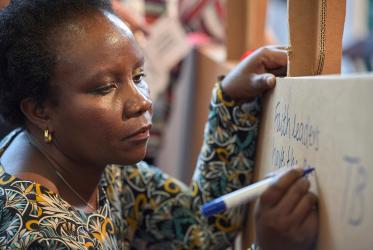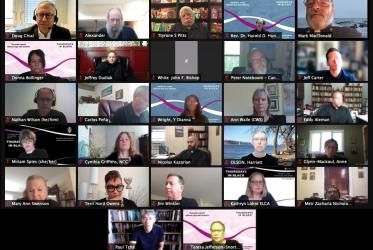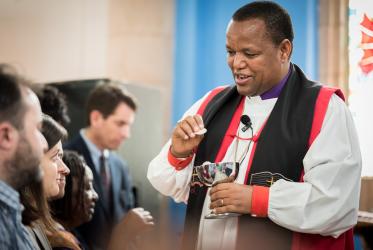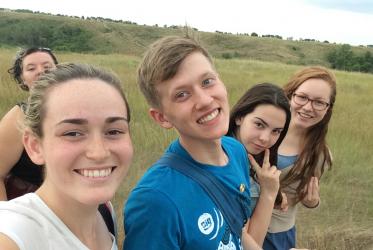Displaying 1 - 16 of 16
New student body at Bossey Ecumenical Institute “a source of joy”
14 September 2020
Dr Saïd Ailabouni: God is on the side of rejected, oppressed, occupied
12 September 2019
How can you help refugees?
11 October 2018
Arusha offers vibrant and colourful worship life
12 March 2018
G20 summit: call to pray for peace in Hamburg
07 July 2017











